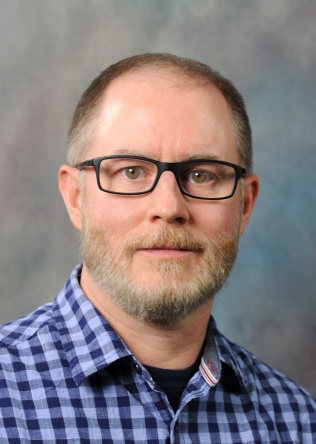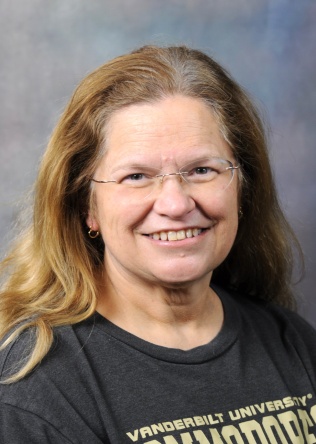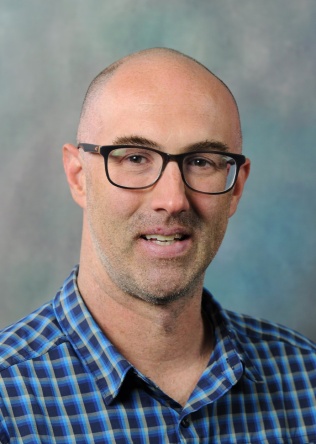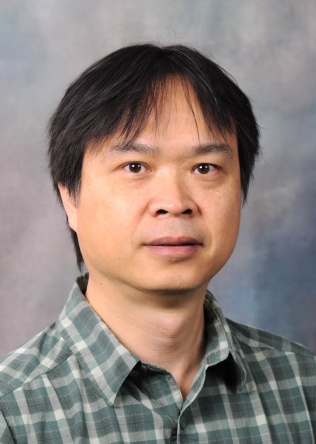Dan Colvin, Ph.D.
Colvin DC, Does MD, Yue Z, Quarles C, Yankeelov TE, Gore JC. New Insights into Tumor Microstructure with Temporal Diffusion Spectroscopy. Cancer Res 2008; 68:5941-47.
Gore JC, Xu J, Colvin DC, Yankeelov TE, Parsons EC, Does MD. Characterization of tissue structure at varying length scales using temporal diffusion spectroscopy. NMR Biomed. 2010 Aug; 23(7):745-56. Review
Colvin DC, Loveless ME, Does MD, Yue Z, Yankeelov TE, Gore JC. Earlier detection of tumor treatment response using magnetic resonance diffusion imaging with oscillating gradients. Magn Reson Imaging. 2011 Apr; 29(3):315-23.
Atuegwu NC, Colvin DC, Loveless ME, Xu L, Gore JC, Yankeelov TE. Incorporation of diffusion-weighted magnetic resonance imaging data into a simple mathematical model of tumor growth. Phys Med Biol. 2011 Dec 7;57(1):225-240.
Attia AS, Schroeder KA, Wilson KJ, Seeley EH, Hammer ND, Colvin DC, Manier ML, Nicklay JJ, Rose KL, Gore JC, Caprioli RM, Skaar EP. Monitoring the inflammatory response to infection through the integration of MALDI IMS and MRI. Cell Host Microbe 2012 Jun 14;11(6): 664-73
My interests include the development of novel magnetic resonance imaging techniques for preclinical and translational research, with applications ranging from lung cancer to brain cancer to staph infection to stroke.
My work at the VUIIS involves collaborating with scientific investigators in developing magnetic resonance imaging protocols for use in preclinical and translational research, as well as assisting in the management of the magnetic resonance imaging resources within our facility. My daily activities range from programming, testing, and optimizing novel imaging pulse sequences, to acquisition and analysis of MRI data, to providing technical support for collaborators both within the VUIIS and the Vanderbilt medical research community.








